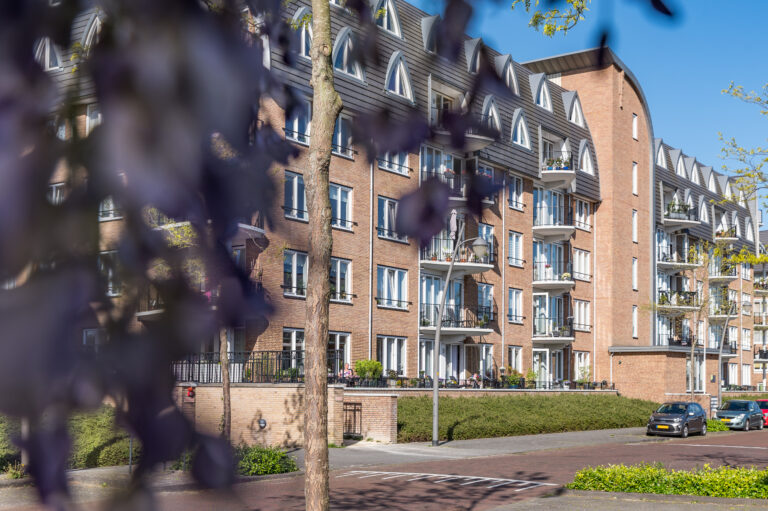It’s possible that not everyone will immediately understand the title of this blog and some will need to read it two or three times to comprehend its contents. Yet as of 1 May 2022 it’s a fact; the residential property valuation points system has been adjusted to restrict the impact of high WOZ values (i.e. the value of a property for the purposes of the Valuation of Immovable Property Act, or WOZ).
Residential property valuation points system (WWS)
In practice there’s slightly more nuance to this than I’ll go into here (please see the Dutch blog published by law firm Hielkema & co for more detailed information), but in essence the residential property valuation points system dictates the rents of properties for let. Unless a property has enough points to come under the deregulated sector, in which case the market determines the level of rent. The three main pillars that generate points in this system are the living space, WOZ value and energy label.
Prior to 1 October 2015, a property’s WOZ value played virtually no role in this and a residential property was able to earn location points. This meant that a property in the centre of Amsterdam could be awarded the same number of points as an otherwise comparable property located next to a busy motorway. This wasn’t terribly fair and the introduction of WOZ points to the residential property valuation points system was meant to put a stop to this. When the system was introduced, the idea was that the WOZ value would determine about 25% of the points. However, the explosive rise of house prices and in turn WOZ values has led to a totally different ratio. In extreme cases, the WOZ value can determine as much as 40% of the points. The upshot is that fairly small properties (sometimes with poor energy labels) end up in the deregulated sector because of their high WOZ values.
The Dutch government has decided to end this and to restrict the impact of the WOZ points as of 1 May 2022. Here, too, there are many nuances and exceptions, but in brief it comes down to residential properties that are (re)let after 1 May 2022 only being allowed to derive 33% of their points from their WOZ value. The minister in question hopes this rule will lead to about 15,000 rental properties moving from the deregulated sector back into the social sector.
Complications
That may sound simple but in practice it’s fairly complex. Take, for instance, the fact that the number of points required for the deregulated sector changes twice a year. Furthermore, no-one seems to have spared any thought for investors who have bought an expensive property in this insane market with the aim of letting it at a profitable rent and now suddenly have to be satisfied with a much lower rent. This will undoubtedly result in these properties being sold rather than relet on a change of tenant and in what is already far too small a deregulated sector (including for mid-segment rentals) shrinking further, pushing rents for the reduced number of available properties even higher. Perhaps even more importantly, developers will think twice before developing rental properties in the current political climate. And this while we can all agree there’s a desperate shortage of (rental) residential properties. Yet more regulation certainly won’t resolve this issue.
What to do?
The repercussions will vary according to region. Some properties will be affected by this measure, in particular in those areas where WOZ values are enormously high, such as the big cities (especially Amsterdam and Utrecht). Before buying to let or on a change of tenant at a property you already own, we recommend you contact an expert to discuss whether the property can be let under the correct terms and conditions. All our offices are fully up to speed on this and as always will be happy to assist you.
Further reading:
Rijksoverheid (national government website, Dutch only) on capping the WOZ value in the residential property valuation points system
More blogs

Temporarily letting a property meant for your studying child, this is how it works afer July 1st 2024

Temporary letting through the Vacancy Act: how to avoid vacancy and high costs

